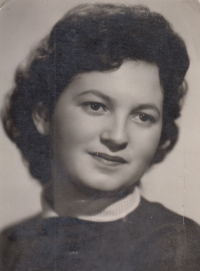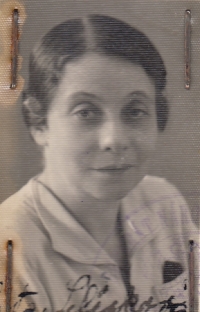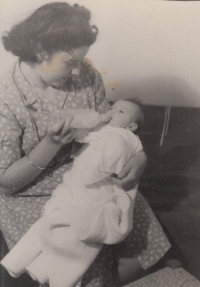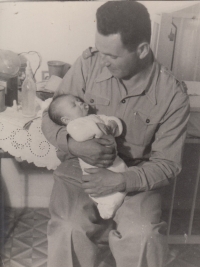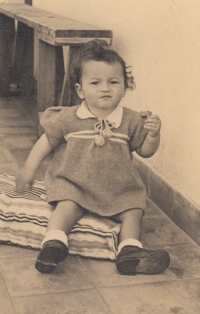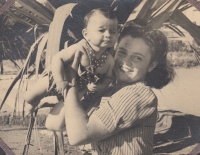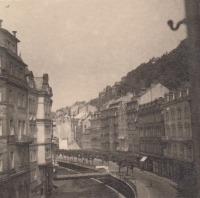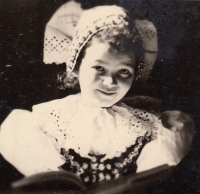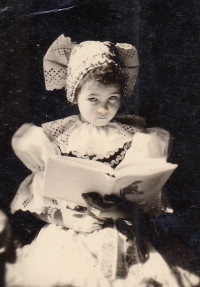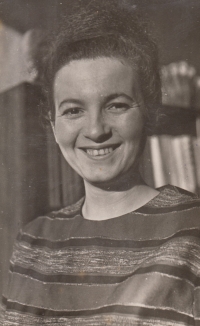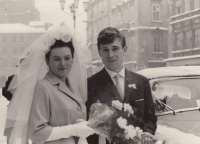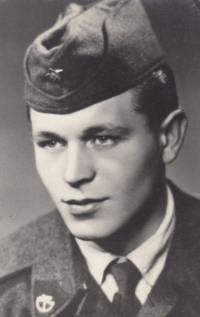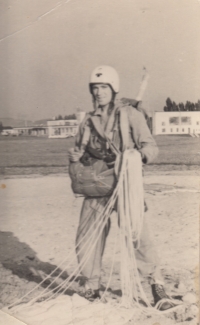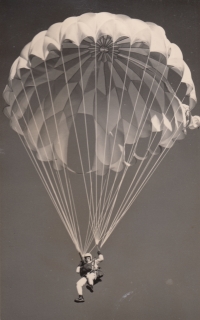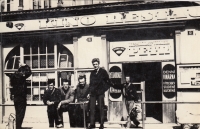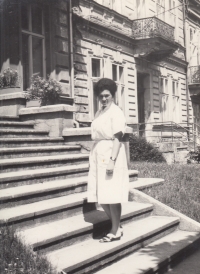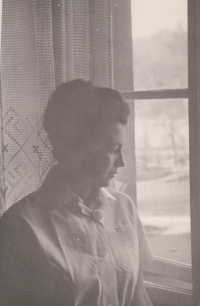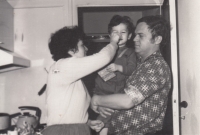I experienced anti-Semitism when I was three years old on a train in Cheb
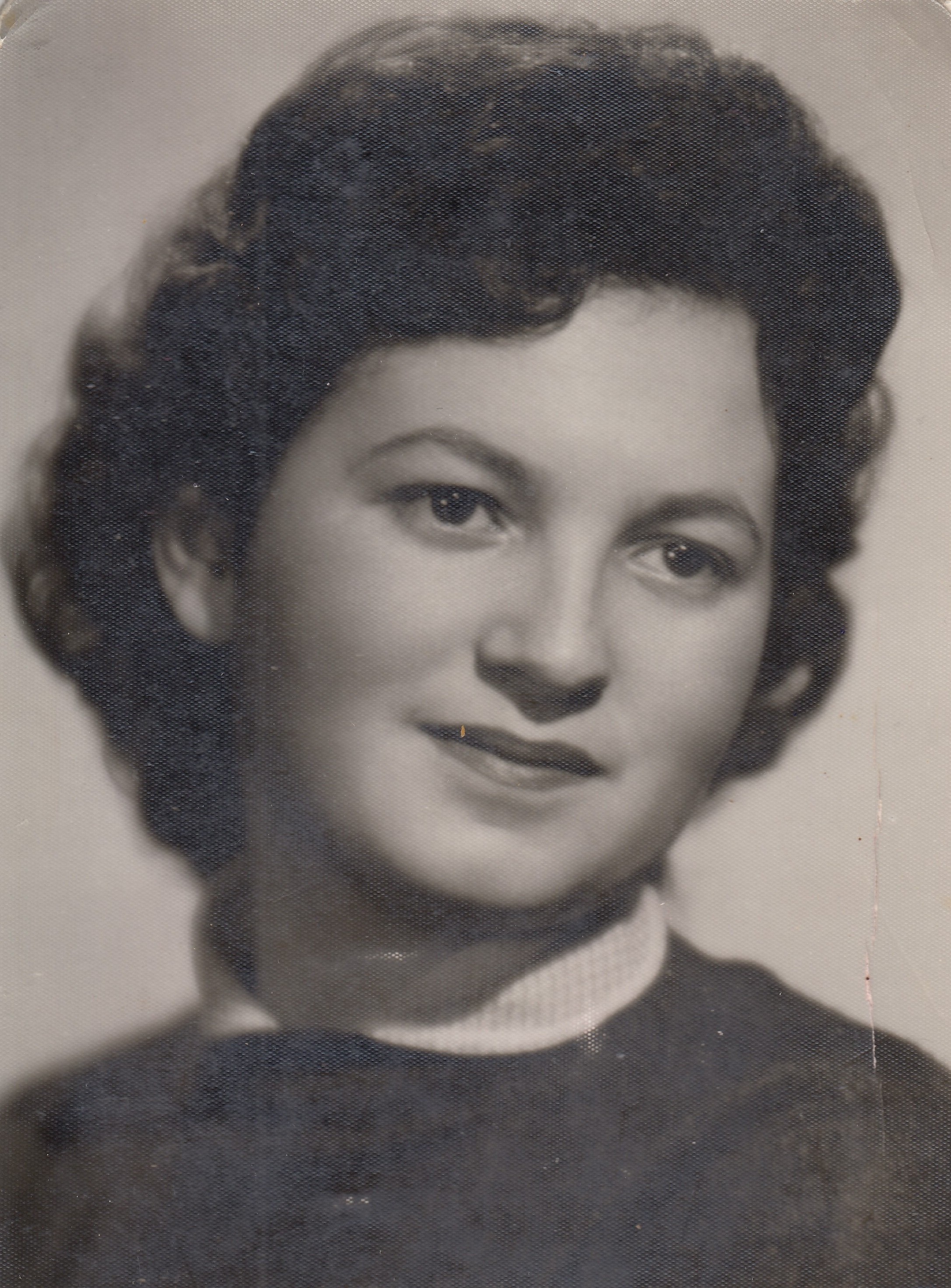
Download image
Sylvia Hauznerová was born on 21 March 1943 in Tel Aviv. She came from a Jewish family, and due to the growing pre-war pressure against Jews, her extended family, including her grandmother and uncle, decided to emigrate to Palestine. Her father, Ludvík Fischer, fought on the Western Front. Until the age of three, the witness lived a quiet childhood with her mother, grandmother and uncle on the sunny beaches of the Mediterranean. In the spring of 1946, she returned to Bohemia with her mother. Post-war Karlovy Vary and the house in Vřídelní Street, which her grandmother had regained, became their home. Shortly after their return, however, her parents divorced and little Sylvia and her mother moved to Prague, to Bílá Hora. Here she also went to school. She was guided through her education by a great teacher, Věra Tůmová, the younger sister of Milada Horáková. Her mother later married Alfons Šefčák and gave birth to a second daughter. Not long afterwards, her husband died and they had to struggle through life as Jews and non-communists. In 1960, the witness finished secondary school and entered medical school. She also studied medicine, but eventually returned to her grandmother in Karlovy Vary to care for her and worked as a nurse in the spa. There she met her future husband, Alexander Žuravský, and in 1966 their son Petr was born. A year later her husband left for France and from there emigrated to America. Pressure from State Security (StB), house searches and investigations left their mark on the witness. It was undesirable that as a legal citizen of Czechoslovakia she should remain married to an emigrant. She therefore divorced due to pressure from State Security. At the end of the 1960s, her husband died tragically abroad. In 1973 she married Petr Hauzner and their son Jiří was born. Despite being offered to join the Communist Party, she did not become a member. She lived through the November Velvet Revolution at the Karlovy Vary, going to gatherings at the main post office, but also in fear that everything would not turn out well. Both sons successfully completed their studies. Sylvia Hauznerová worked as a nurse in the spa until her retirement. In 2025, at the time of recording, she was living in Karlovy Vary.
